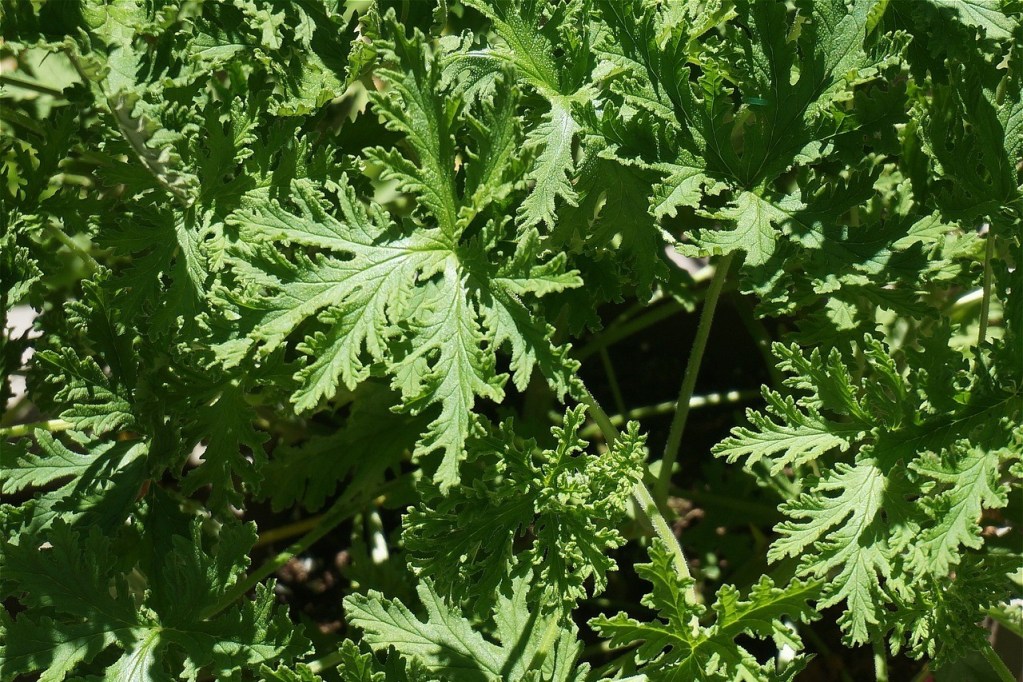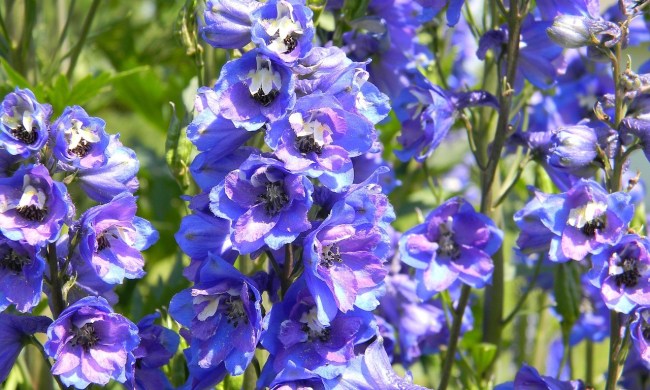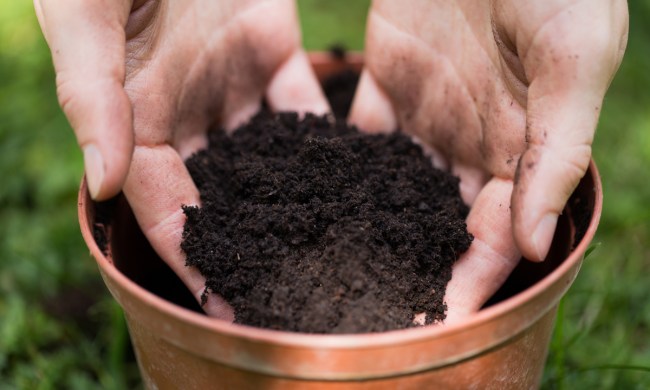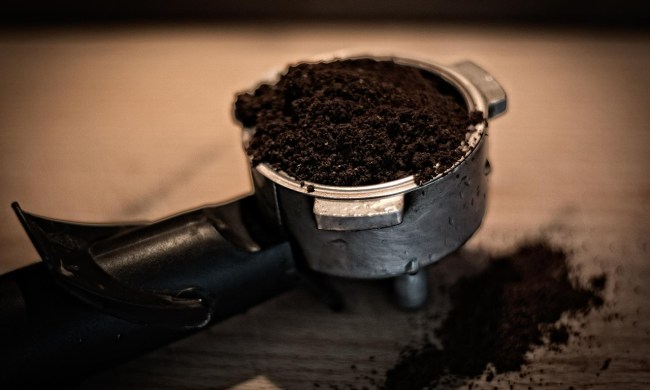Spring and summer are the perfect times for enjoying your outdoor spaces. Whether you’re gathered with friends around a campfire or relaxing on a bench by your flowers, it’s a lovely time to enjoy the warm weather. Mosquitoes make it significantly harder to enjoy.
While there are plenty of sprays, torches, and zappers you can use to keep the mosquitoes at bay, they aren’t always the most pleasant option. Why not try growing your own citronella plant? Citronella oil is one of the most commonly used mosquito repellants, so growing your own plant can make keeping the mosquitoes away easier. Here’s what to know about citronella plant care.
Planting citronella

Citronella, a close relative of lemongrass, can be planted in either a container or a traditional garden, but what climate zone you live in makes a big difference. In zones 9 and south, your citronella plant can grow as a perennial. However, north of zone 9, your citronella may not survive over the winter and will do better in a container that can be brought indoors during cold weather. Citronella is not overly picky about soil type, but prefers moderately moist soil. Avoid soil that drains quickly, like you might use for a cactus or succulent.
Start planting your citronella in the spring after the last frost has passed. If you want to grow your citronella from seed, start them indoors three or four months before the predicted last frost. Citronella plants grow slowly. Full sun to partial shade is ideal for citronella plants. Four to six hours of morning sun, followed by light shade in the hottest hours of the afternoon, will keep your citronella looking bright and healthy.
Citronella plant care
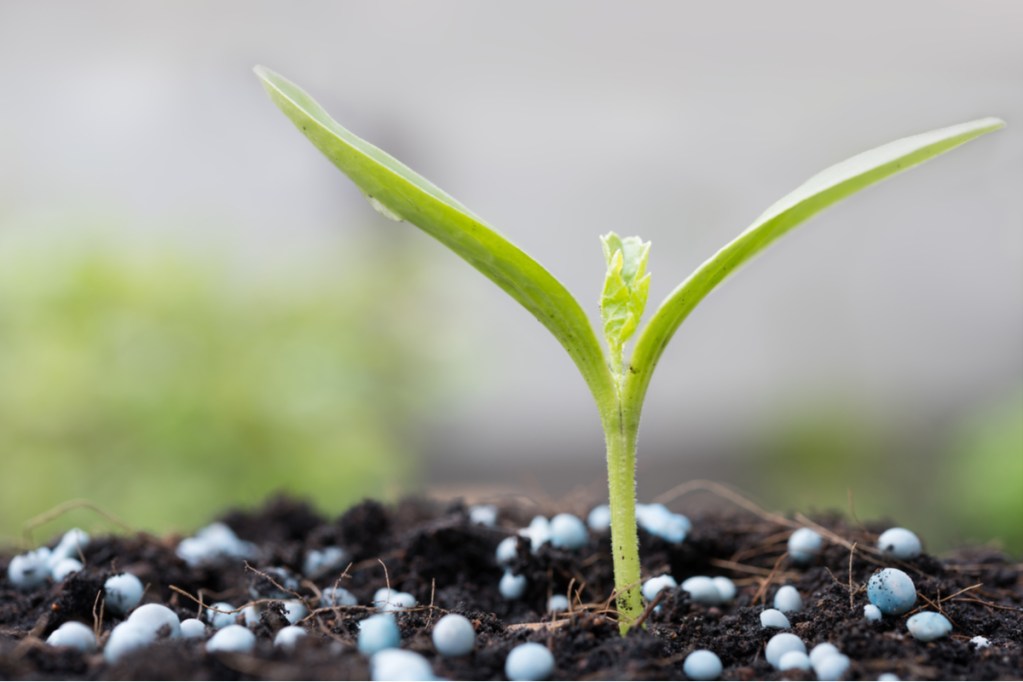
Citronella plants don’t require a lot of care as long as they’re planted properly. Make sure your citronella is getting enough sun, or else it can weaken and become leggy. Water your citronella plant when the soil is dry. Depending on the weather and how much water you give it at a time, this could be every few days or every other week. Citronella plants can tolerate mild droughts, although they won’t be happy about it.
Citronella plants growing in traditional gardens typically don’t need fertilizer, but plants that are growing in containers, young, or growing in poor soil will appreciate being fed. Use a balanced fertilizer, and only feed it during spring and summer. During fall and winter, citronella plants need less water and less fertilizer. You can also prune your citronella during spring. While this isn’t strictly necessary, it does promote healthy growth.
Does citronella actually keep mosquitoes away?

Citronella candles and torches certainly keep mosquitoes away, but does the plant? The answer is yes, although the effect is milder than you might expect from a candle or spray. This is because the candles and other mosquito repellent products are more concentrated. There are benefits to this. Namely, a more pleasant smell and a gentler atmosphere than lighting a citronella torch typically provides. Additionally, since the plant doesn’t need to be prepared or lit in any way, it provides a more consistent benefit.
However, if you find yourself missing the more potent effects of concentrated citronella, you can harvest from your citronella plant to make your own citronella essential oil. For a simple, short-term boost, you can crush some of the leaves to release the oil. The effect is milder and more localized than using a concentrated spray.
What other plants can repel mosquitoes?
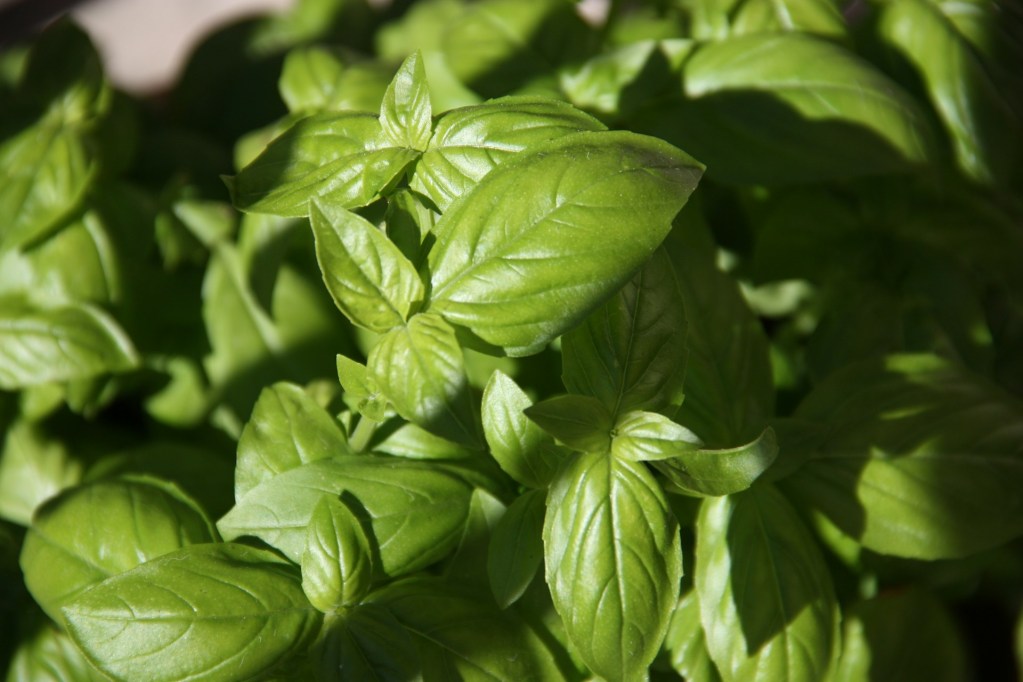
There are a variety of herbs that can repel insects from your garden, but can any of them help your citronella plant repel mosquitoes? Several of them can! Keep in mind that, similar to citronella, the repellent effect is strongest when using the oil itself, as it is more concentrated.
Growing the plants around your garden provides a more subtle, ambient protection. They discourage mosquitoes from living in your garden rather than outright repelling them. Many strongly scented herbs, such as rosemary, lemon balm, lemongrass, basil, mint, and lavender are reported to have some ability to repel mosquitoes.
There are other ways you can discourage mosquitoes from setting up shop in your yard. Removing standing water is a great first step. This includes adding a lid to your rain barrel and either emptying any bird baths or water features you have or affixing a pump or filter to them so the water will flow or move. You can also try attracting the natural predators of mosquitoes, which include dragonflies, certain birds, and frogs.
Mosquitoes are a nuisance when you’re trying to enjoy a relaxing evening in your garden, but there are ways to keep them at bay. Now that you know how to grow your own citronella plant, you’ll have an easier time repelling the mosquitos. Whether you’re planning on filling your patio with plants to keep mosquitoes away or want to try making your own mosquito spray with citronella plants, this lovely perennial is helpful to have around.
